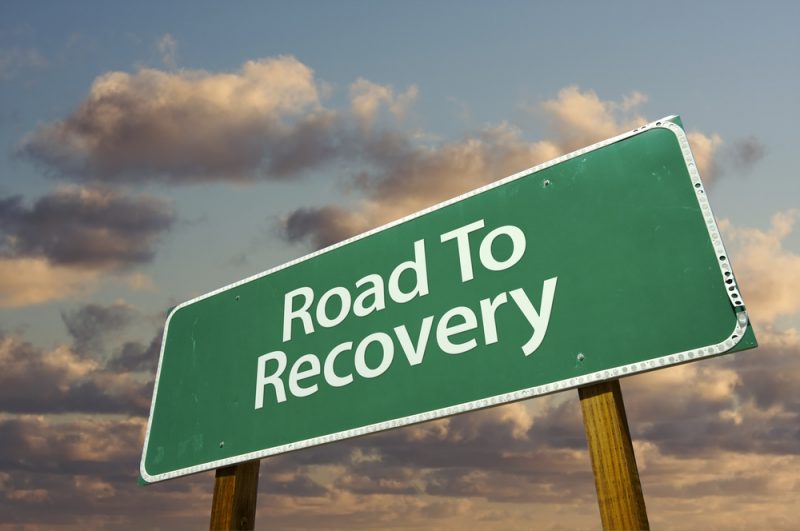Before starting a project, we have to be realistic about what we can and can’t expect from it. The cliché, “Rome wasn’t built in a day,” may sound kind of corny, but it’s a cliché because there’s some truth to it. The bigger the goal, the more time it will take to reach. That’s true if you’re building a new house from scratch. It’s true if you’re trying to start a new diet and exercise regimen. And it’s especially true if you’re trying to break the cycle of addiction. It doesn’t matter if you’re addicted to drugs, alcohol, or even just something like junk food. Addiction is rarely instantaneous; instead, it often builds up over time. Because of that, it only makes sense that it will also take time to tear the addiction down.
Talk To Professionals
Most of us wouldn’t attempt to run a marathon without any sort of fitness training first. In fact, most of us wouldn’t even attempt to run a 5k without any training, but there are many people who are convinced they can quit a substance cold turkey. Maybe they have a coworker who claimed they quit smoking and then never thought of cigarettes again. There’s a certain simplicity to quitting cold turkey that’s very appealing, but it’s a simplicity that can also be deceiving. Let’s take smoking, for instance. Research shows that, at most, 10 percent of smokers can quit without help, and the numbers might be as low as 3 percent. That’s because smokers underestimate just how dependent they’ve become on nicotine, which is both physically and psychologically addictive. Withdrawal symptoms can last for weeks or even months, and in that time, it’s common to feel irritable and depressed. You may also have trouble sleeping.
And those are just the symptoms of what happens when you quit smoking. If you’re trying to, for instance, stop taking opioids because you fear you’re becoming overly-reliant on them, then the symptoms can be even more severe. Symptoms of opioid withdrawal include things like diarrhea, nausea and vomiting, blurry vision, and even abdominal cramping. Those symptoms usually start improving after 3 days, but that can make for a really rough 72 hours. That’s one of many reasons why it’s a good idea to talk to a medical professional who can help you along the road to recovery. That help may include outpatient drug rehab, group meetings, talk therapy, or something else, but it’s always good to have someone else on your team, especially if that someone has experience dealing with addiction issues.
Be Patient Without Making Excuses
We live in a world that places a lot of value on immediate gratification. Twenty-five years ago, if you wanted to know the name of the tallest man on earth, you had to go to your local library and check the Guinness Book of World Records, assuming that your library even carried the most up-to-date edition. Nowadays, though, a simple Internet search can give you the name of the tallest man ever in a matter of seconds.
But addiction doesn’t have an easy answer. When you’re in the throes of it, it feels like you’ll never be able to escape. You can feel doomed, which can send you spiraling into depression. Speak to a mental health counselor about those feelings if possible, but also spend time working towards other goals. For instance, don’t put off going back to school until after you quit drinking. If the idea of going to a physical campus for classes several times a week seems too intimidating right now, research accredited online degree programs that allow you to perform classwork at home or in a neighborhood coffee shop. Exercise can improve both your mental and physical health, so consider joining a gym. You don’t have to post on social media that you’re quitting smoking, but if you think that will help, then go ahead. You might be surprised by the number of supportive comments you get from friends and family members. Remember that you’re not alone. Other people have beaten addiction, and so can you.
